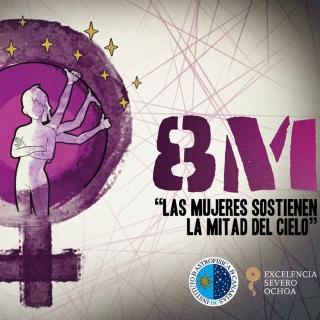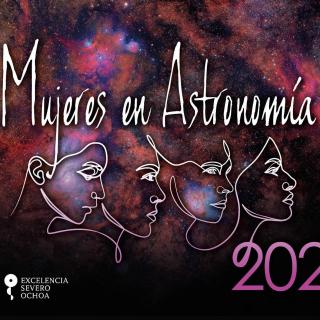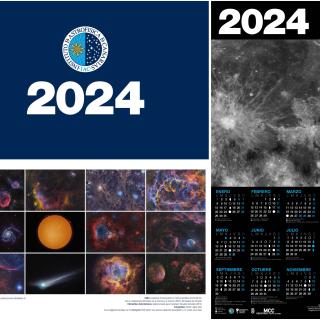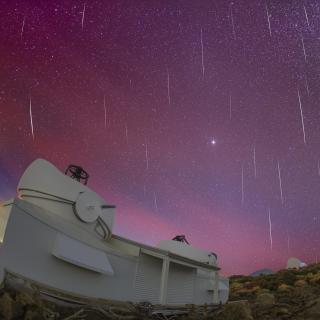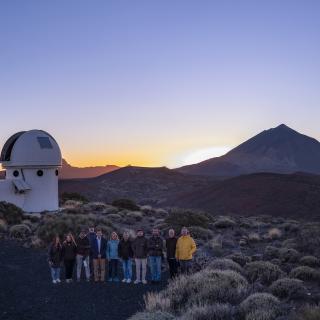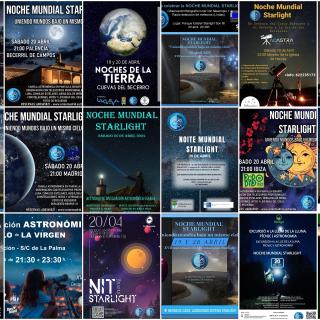
El 20 de abril se celebra la Noche Mundial en Defensa de la Luz de las Estrellas que conmemora la firma de la Declaración de La Palma La Noche Mundial en Defensa de la Luz de las Estrellas, también llamada Noche Mundial Starlight por ser la Fundación Starlight la promotora de esta iniciativa , coincide con la firma en 2007 de la “Declaración de La Palma en Defensa del Cielo Nocturno y el derecho a observar las Estrellas”, cuyo fin es el de considerar el cielo como un patrimonio cultural, científico y medioambiental. Desde entonces, la Fundación Starlight trabaja por extender los valores
Advertised on
